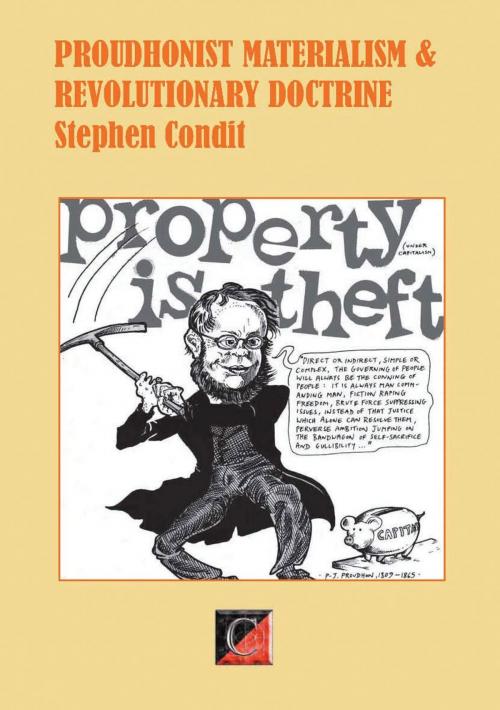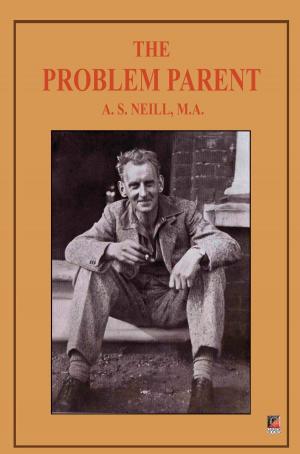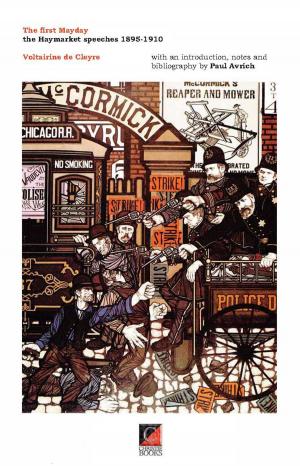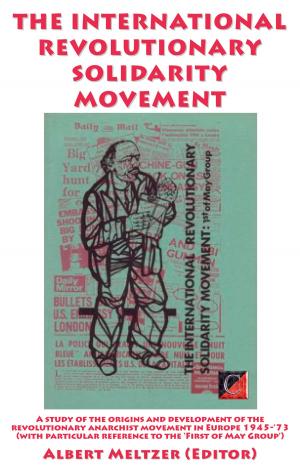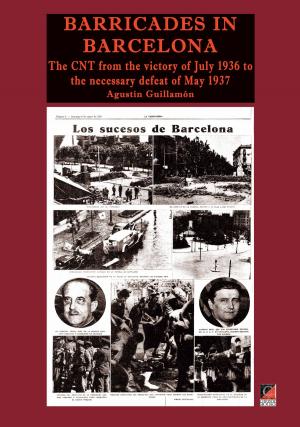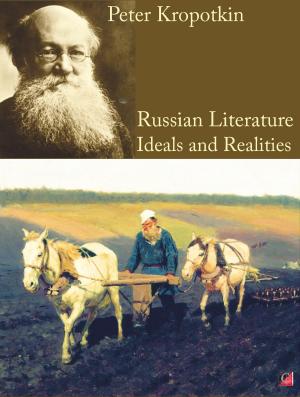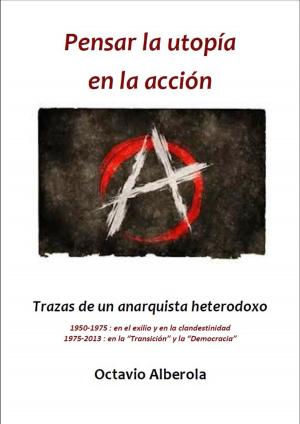Proudhonist Materialism and Revolutionary Doctrine
Nonfiction, History, Revolutionary, Social & Cultural Studies, Political Science, Politics, History & Theory| Author: | Stephen Condit | ISBN: | 1230000274039 |
| Publisher: | ChristieBooks | Publication: | October 14, 2014 |
| Imprint: | ChristieBooks | Language: | English |
| Author: | Stephen Condit |
| ISBN: | 1230000274039 |
| Publisher: | ChristieBooks |
| Publication: | October 14, 2014 |
| Imprint: | ChristieBooks |
| Language: | English |
Few historians of ideas have questioned Proudhon’s impact in his own time. Yet his affinities with and contributions to some of the most important trends in modern political philosophy, and his relevance to the problems which increasingly reveal the failures of existing political doctrines and systems, have been neglected.
‘... in general, regimentation was the passion common to all socialists prior to 1848. Cabet, Louis Blanc, the Utopians — all were possessed by the passion to indoctrinate and to organise the future. All were authoritarians to some degree. The one exception was Proudhon. The son of a peasant, and by instinct a hundred times more revolutionary than all the doctrinaire and bourgeois socialists, Proudhon developed a critical viewpoint, as ruthless as it was profound and penetrating, in order to destroy all their systems. Opposing liberty to authority, he proclaimed himself an anarchist as distinct from state socialists, and in the face of their deism or pantheism he also had the courage to declare himself an atheist . . .’ Michael Bakunin, ‘A Critique of State Socialism’
Few historians of ideas have questioned Proudhon’s impact in his own time. Yet his affinities with and contributions to some of the most important trends in modern political philosophy, and his relevance to the problems which increasingly reveal the failures of existing political doctrines and systems, have been neglected.
‘... in general, regimentation was the passion common to all socialists prior to 1848. Cabet, Louis Blanc, the Utopians — all were possessed by the passion to indoctrinate and to organise the future. All were authoritarians to some degree. The one exception was Proudhon. The son of a peasant, and by instinct a hundred times more revolutionary than all the doctrinaire and bourgeois socialists, Proudhon developed a critical viewpoint, as ruthless as it was profound and penetrating, in order to destroy all their systems. Opposing liberty to authority, he proclaimed himself an anarchist as distinct from state socialists, and in the face of their deism or pantheism he also had the courage to declare himself an atheist . . .’ Michael Bakunin, ‘A Critique of State Socialism’
